Perhaps the greatest gift that television debates on Indian news channels have offered politicians is that no one actually listens to what they’re saying. The talking heads are precisely that — they’re talking, not listening. And because no one was really listening to BJP spokesperson Shaina NC, no one had a heart attack during a debate aired last night on NDTV.
Speaking in favour of the directive blocking 800-odd reportedly pornographic websites, Shaina NC said, “Isn’t it absolutely the prerogative of the state to ensure that there is this kind of pornography which is available to young children and that too for free”, and paused.
You may now sputter over your computer screen. You may also go to this link and hear her for yourself (she enters the debate about 10 minutes into the video).
Shaina NC did not actually mean to say that the official position of the government is that children should have access to “this kind of pornography”, although when she did finally complete her point, it didn’t entirely make sense, but at least there was a perspective.
“Isn’t it absolutely the prerogative of the state to ensure that there is this kind of pornography which is available to young children and that too for free that there should be some guidelines? Look at the statistics that show that if you have some kind of science video on YouTube, in 10 minutes you’ll have about a thousand people viewing it. If you have a pornographic site, in five minutes you have over 10,000 youngsters, kids who are exposed to all kinds of debauchery.”
Madam, if you really want to see abysmally low statistics, might I recommend that you put up either a video or an article on art? Or talk to an Indian publishing house about their sales of literary fiction.
Leaving aside her bias for science, Shaina NC’s concern is for India’s youth and the fact is, everyone who creates content for the online medium has struggled with the challenge that Shaina NC mentions — how do you get people to click on content that isn’t crass and catering to the lowest common denominator? (There are no answers, but there is hope in the popularity that geeks like John Green enjoy and the fact that Longform exists .)
Of course, there are minor flaws in Shaina NC’s argument. For instance, it’s unfair to compare the hits an entire site gets to those for a single video in the profusion that is YouTube. The fact that she’d make this comparison shows how little she knows of or understands the internet as a medium. Also, no matter how piercing the government’s radar may be, there is no way it has “statistics” for the number of minors who access pornography. If the child in question can find a porn site, she or he can claim to be an adult. As those who drew up the list would be able to tell Shaina NC, you’ve got to declare yourself above 18 before you get to access pornographic content online.
That Shaina NC has a somewhat warped view of the internet became clear as she continued to speak: “Obviously there’s something going wrong in our generations to come if you’re going to expose them to child pornography, constant pedophilia and all kinds of debauchery.”
Constant pedophilia? Really? Precisely what do our parliamentarians access when they go online?
The way Shaina NC puts it, it seems if one is under-aged and Indian, and turns on a computer that is connected to the internet, instead of a Google home page or a blank tab, all you see is pornography in general and child pornography in particular. To put it mildly, that’s excessive. She isn’t even entirely on point when she says the internet is free for all — what you access online is guided and controlled by algorithms that don’t appear with the subtlety of our Department of Telecom directives, but nonetheless keep you within constraints.
Aside from being Internet-unsavvy, Shaina NC was making a point: The government is concerned about the Indian youth, about the perversions that may be breeding within because of internet pornography. Because apparently it has “statistics” to suggest pornography leads to criminality (even though all existing studies suggest the exact opposite: that there is no consistent, causal relationship between violent crimes and pornography).
Consequently, the decision to block 857 sites is in the interest of creating a good, un-perverted society in which violent sexual crimes are fewer. It’s our government “working towards a better society with a better mindset and a better youth culture”, according to Shaina NC. Bachchon, taliyan!
This begs a simple question — what is this government’s idea of a good society? There’s absolutely nothing wrong with wishing for a better society, but what are the characteristics of this improved society and how do restrictions bring us closer to it?
Over the past year, we’ve been told as a country that our popular entertainment must follow (absurd) guidelines. Different states have weighed in on what we can eat. The screws placed upon freedom of speech have been tightening and though these had been in place well before the current government assumed power, they’re pinching regularly and painfully now. Evidently, this government is India’s Miss Trunchbull — it’s convinced that restrictions must become stricter and freedom must be regulated, for our own good (naturally).
Yet, if restrictions and “guidelines” made for a responsible, good, free and fair people, then countries like Saudi Arabia, Uzbekistan, China and North Korea would be model societies. Instead, they’re among the most turbulent and unhappy places in the world. Is that the model that the government has in mind for India?
Earlier this year, The Economist drew up a list of the safest places in the world, evaluating them on digital security, health security, personal safety and infrastructure. Riyadh, Beijing, Pyongyang are not on the list. It does, however, have a number of cities well known for being open about sex and sexuality, like Tokyo, San Francisco and Montreal. Despite the easy access to sexual acts that many would consider downright weird and even creepy, these cities haven’t become dens of criminality. In contrast, where the restrictions are the most stringent, there is more crime and less security.
Statistics show that countries with greater freedom and equality make for more responsible and balanced societies, which in turn leads to less criminality. Statistics suggest that restrictions do the opposite. Instead of trawling through the internet looking for pornography and exposing itself to “constant pedophilia”, perhaps our government could tell us what is its vision of an ideal society and how violating liberties guaranteed by the Indian constitution makes us a better society .
And as it ponders, let’s keep in mind this gem from the same NDTV programme, by author Chetan Bhagat: “I don’t need the state to do me.”
Sir, you speak for all of us.


)




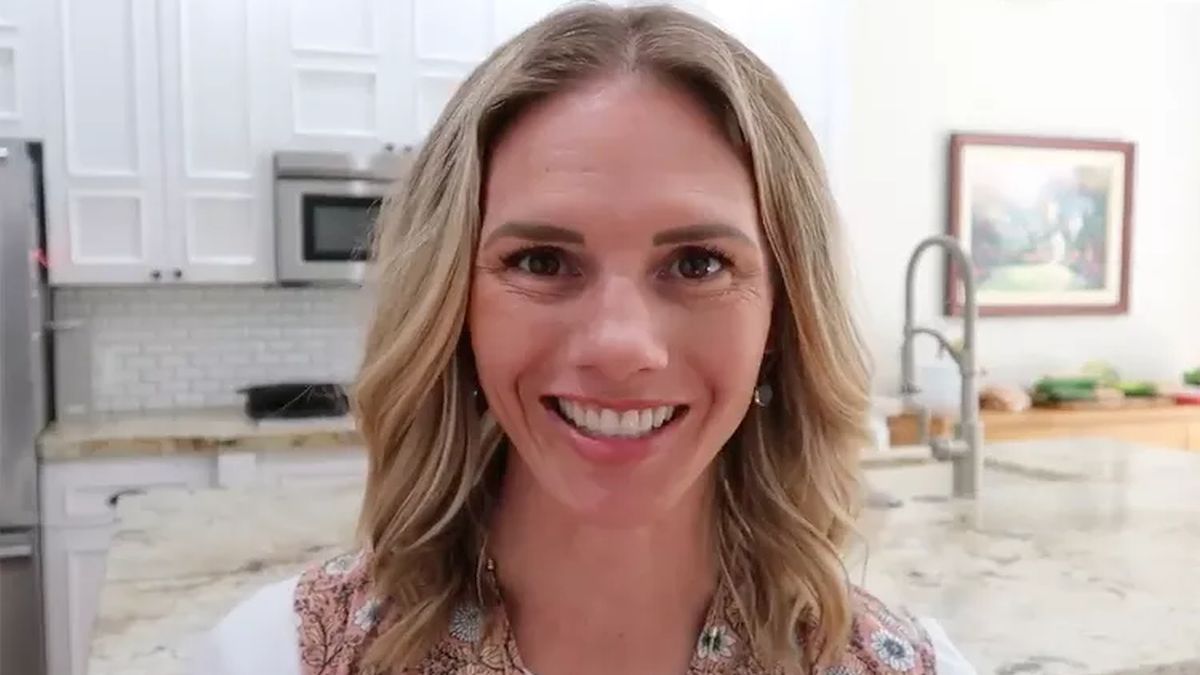)
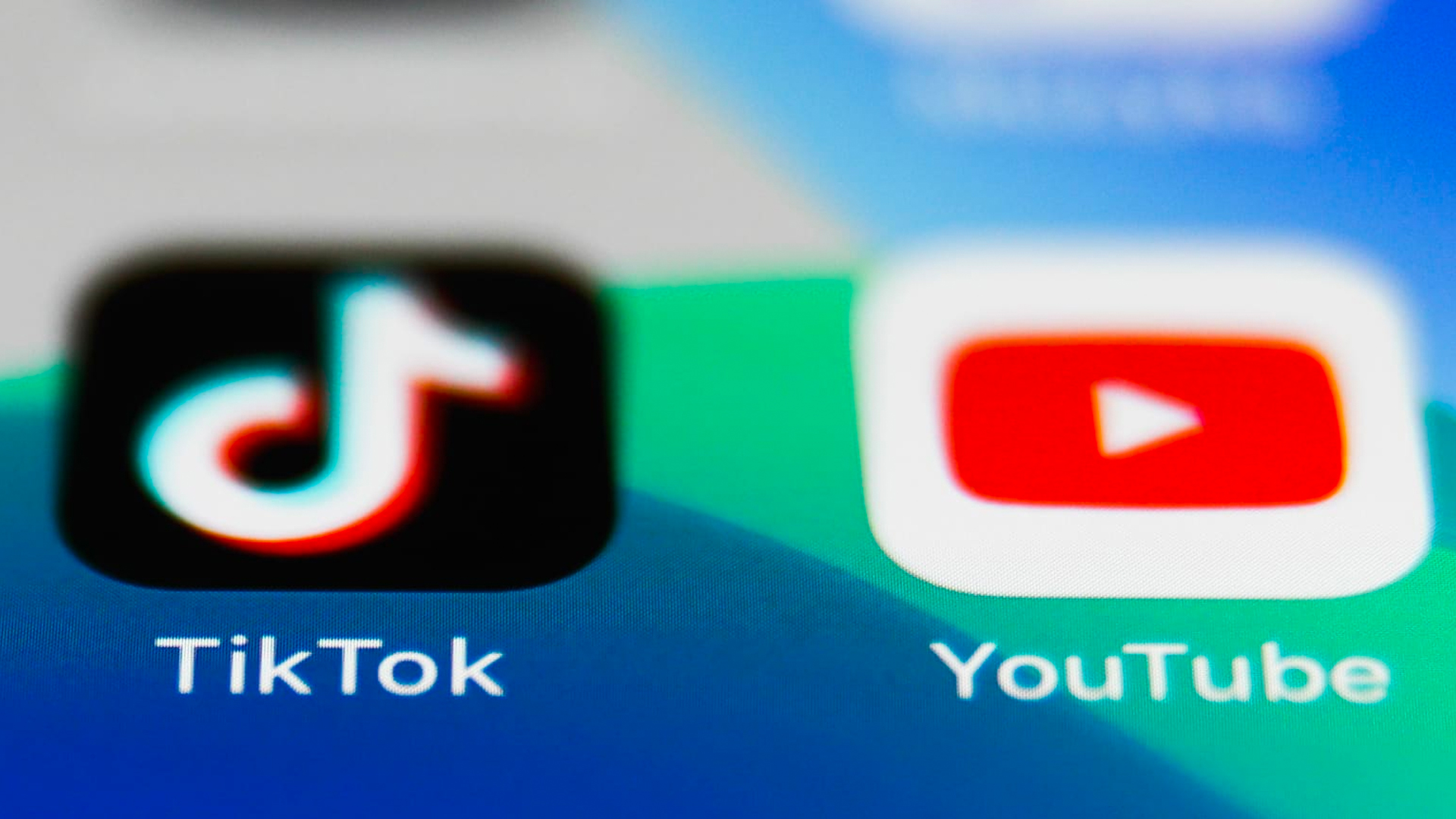)
)
)
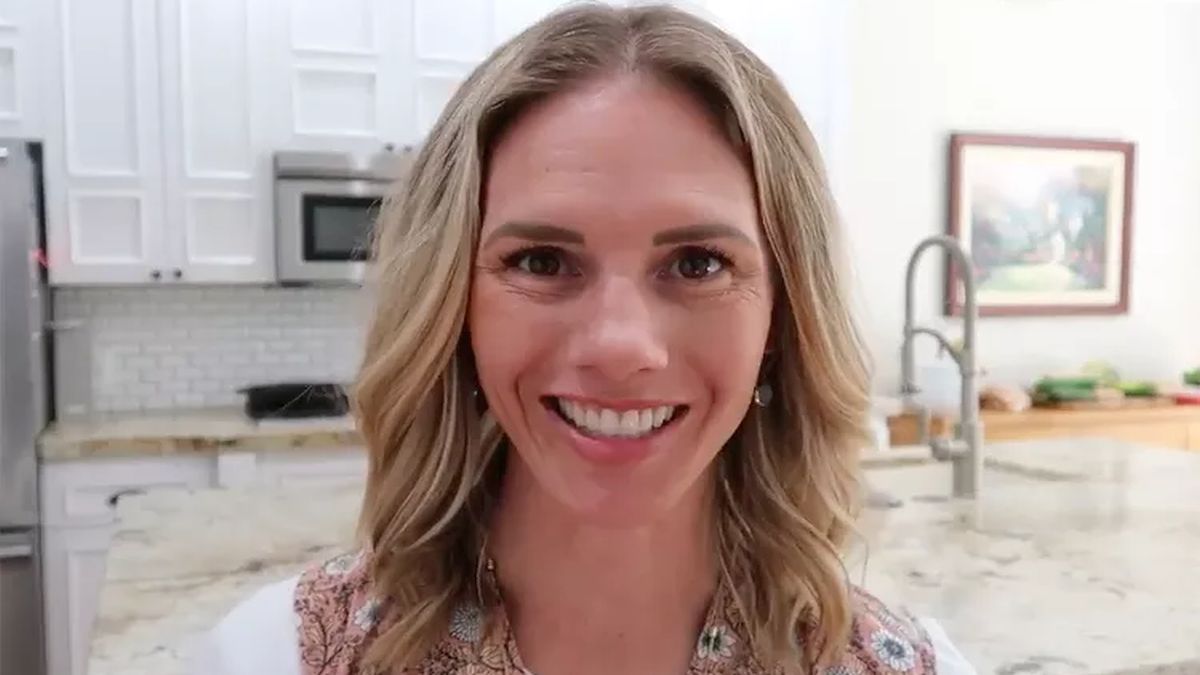)
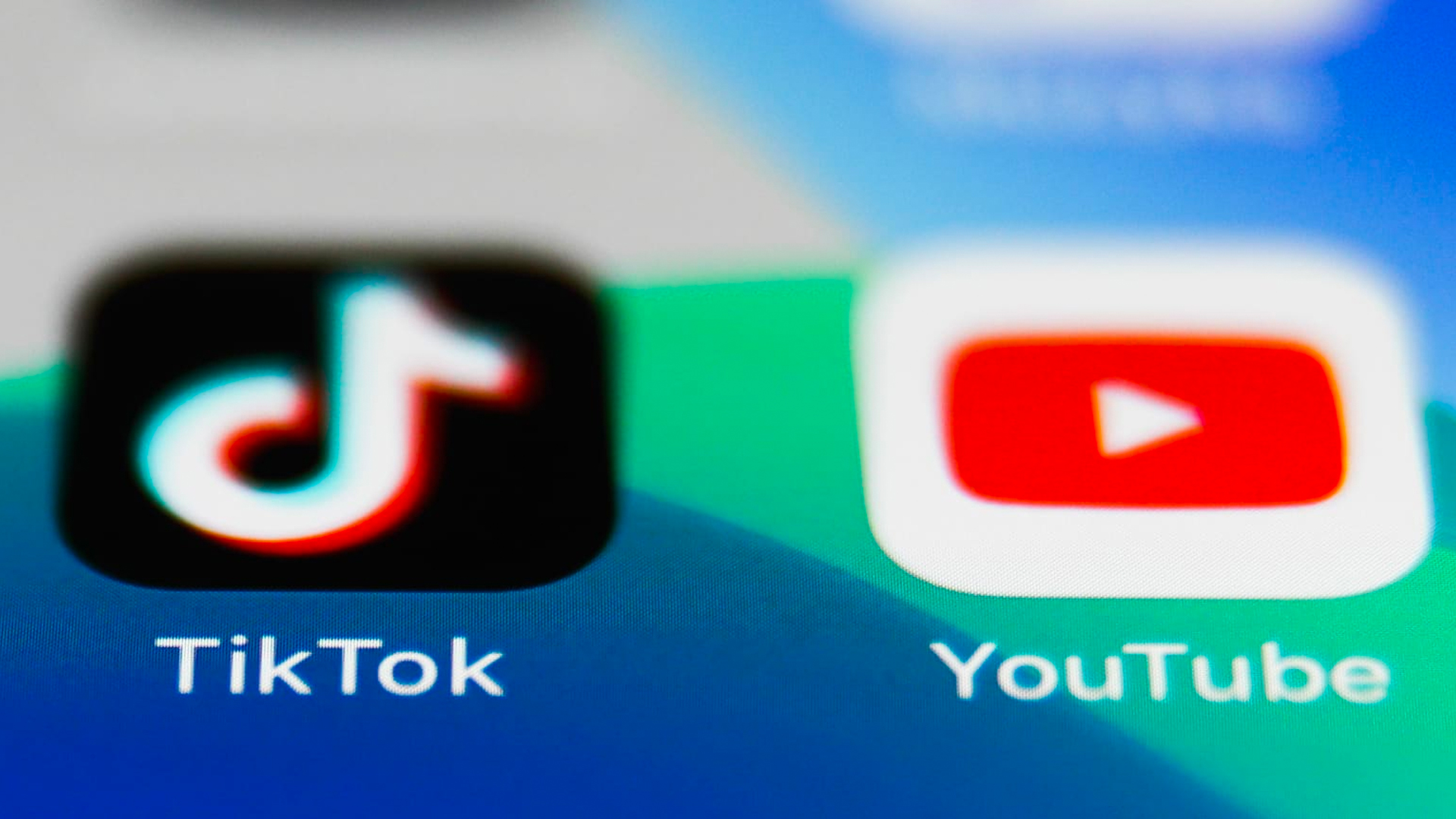)
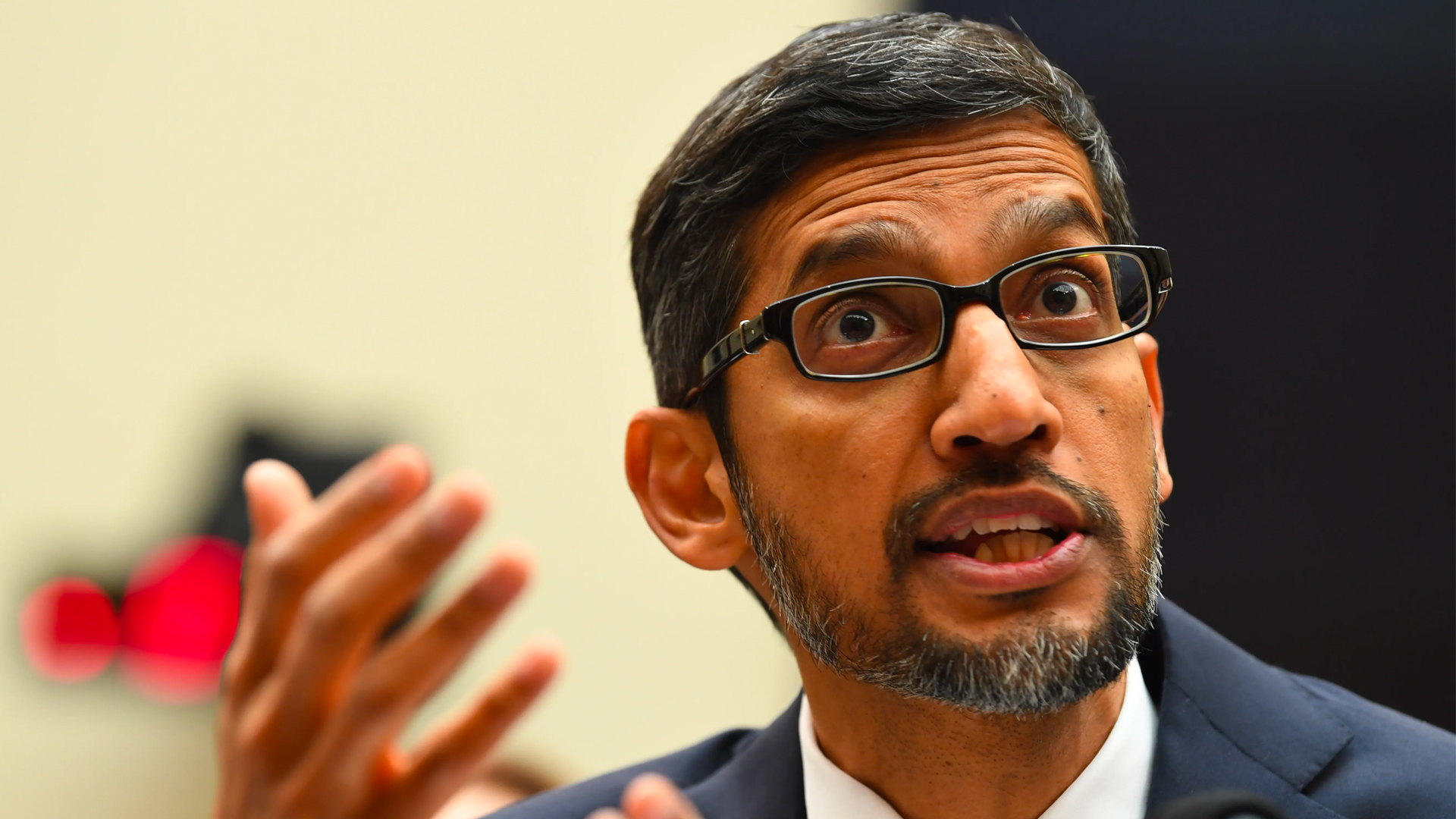)
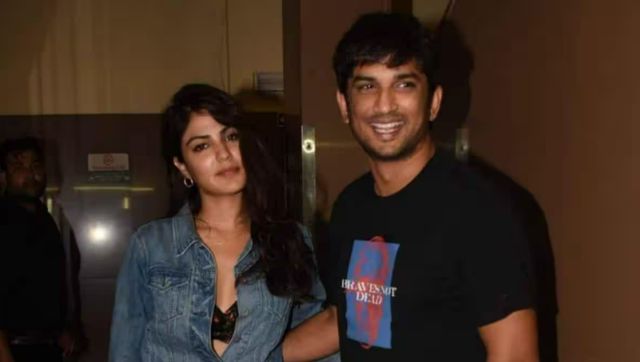)